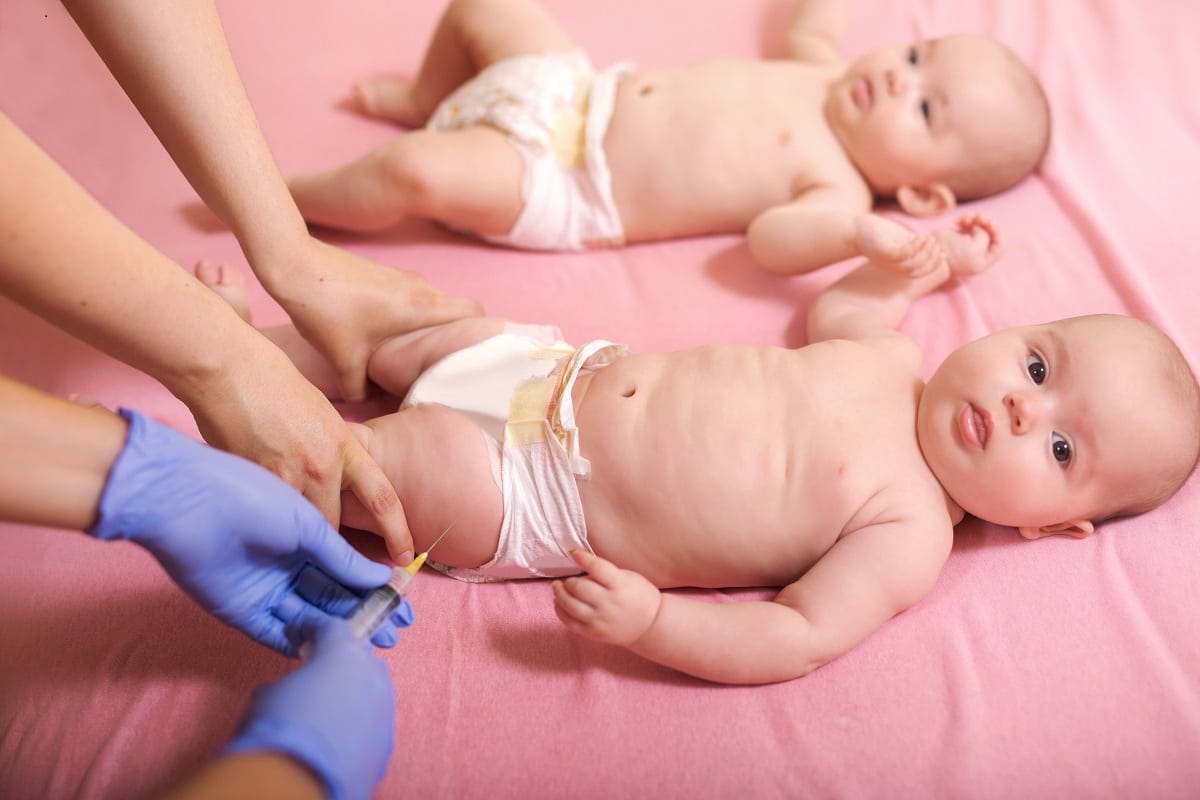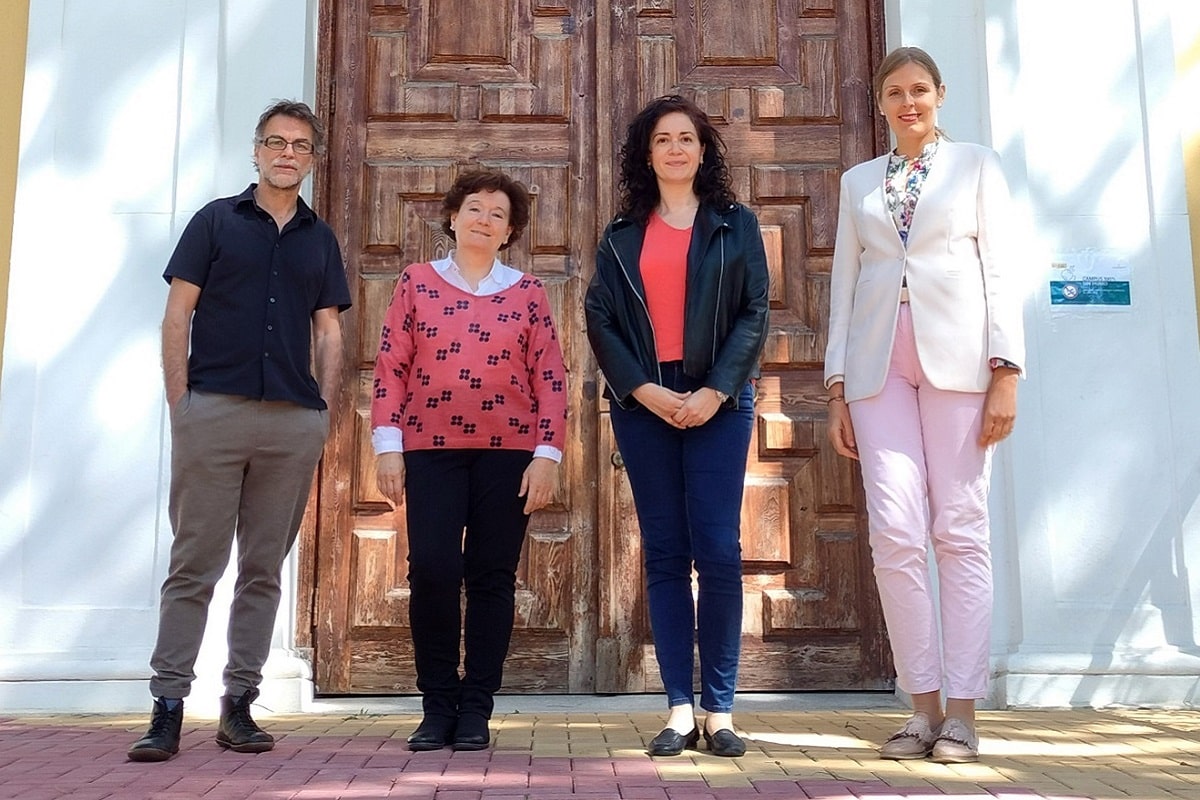Prenatal whooping cough vaccine shows effectiveness in Spain, according to ISCIII study

A study conducted by scientists from the Carlos III Institute of Health (ISCIII), published in the journal Vaccine, concluded that prenatal vaccination against whooping cough has proven its importance in significantly reducing the severity of the disease in children under three months of age.. This vaccination, carried out in Spain throughout the country since 2015, is carried out in the third trimester of pregnancy.
The study assessed the impact of this prevention strategy by analyzing the rates and duration of hospitalizations for whooping cough between 2005 and 2019 – the study also excluded years of the Covid-19 pandemic, which affected both whooping cough circulation. as inpatient treatment.
To control for the influence of epidemic fluctuations and other possible confounding factors during the study period, the population aged 3 to 11 months was included in the analysis as a control group. ANDAt this age, most children have begun their primary vaccination series against the disease, and therefore maternal vaccination is not expected to have a direct effect in this group.

The results show that in the years leading up to prenatal vaccination, Infants aged 0 to 2 months had five times higher hospitalization rates than infants aged 3 to 11 months and were hospitalized an average of 2 days longer, with these differences remaining stable throughout this period.
Following the peak of the whooping cough epidemic in 2015, which coincided with the introduction of maternal vaccination, hospitalization rates fell in both groups.announcement. However, if in the group from 3 to 11 months there was an annual decrease of 26% – due to the development of the epidemic wave – then the annual decrease in the group from 0 to 2 months was significantly higher (34%). adding vaccine effect. However, the length of hospitalization decreased twice as fast in younger children, reaching a duration similar to that in children aged 3 to 11 months (4.5 days) by the end of the study period.
The authors of the work, Andrea Parisi, Olivier Nunez, Noemi Lopez-Perea and Josefa Masa-Calles, researchers from the National Epidemiological Center ISCIII, emphasize the need continue outreach efforts aimed at both health workers and the public, ensure high vaccination coverage among pregnant women and improve these results. In 2019, national coverage reached 84%, demonstrating a high commitment to preventing this potentially fatal disease in newborns.
Whooping cough, caused by the bacterium Bordetella pertussis, is highly contagious and can be dangerous, especially to newborns, in whom it can cause serious complications such as apnea or pneumonia, and in rarer cases, seizures or encephalopathy. The vaccination strategy for pregnant women is aimed at protecting newborns from the first days of life.